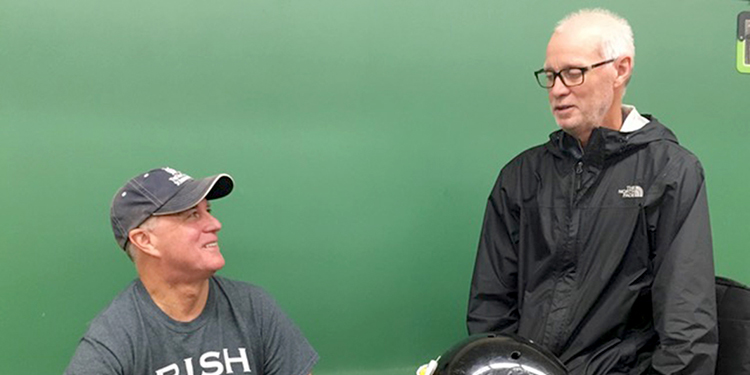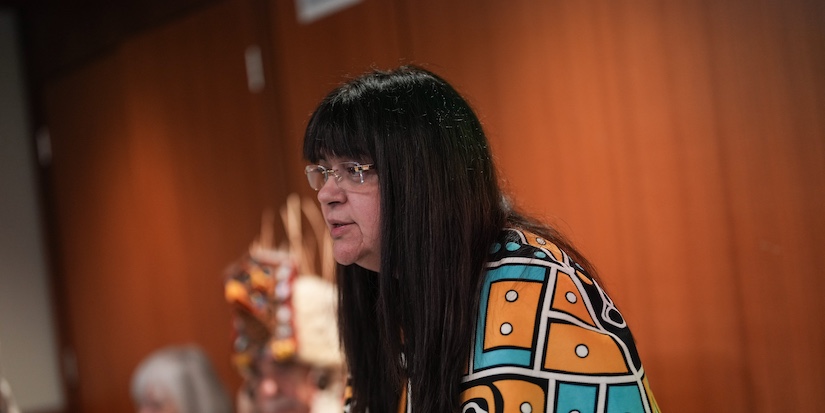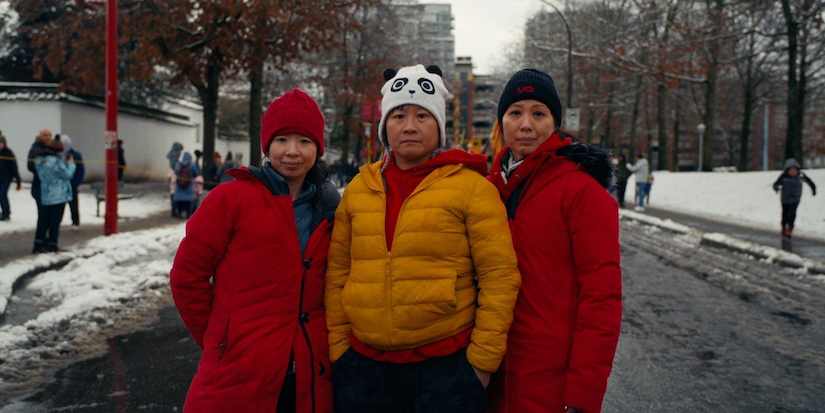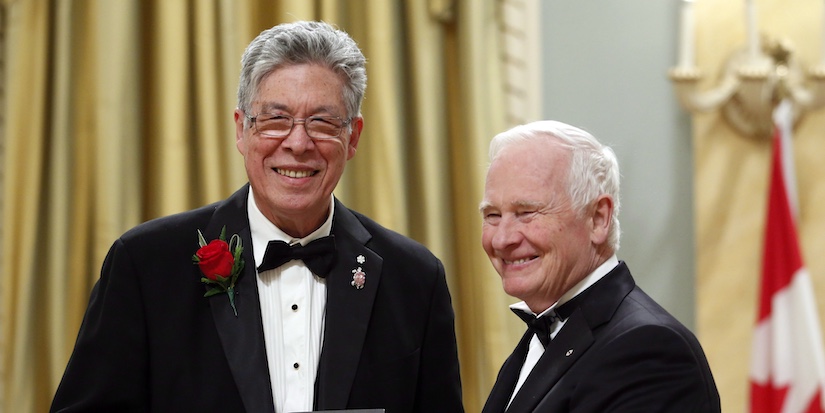Sports
Haddows reflect on the gridiron life
Football excitement is reaching a crescendo
north of the 49th parallel, as the CFL readies for its championship game.
The annual festival surrounding the Grey Cup,
first presented in 1909 by then governor general Earl Grey to the national
rugby football champions, is one of the country’s most revered and popular
cultural celebrations.
Richmond enjoys a strong kinship with the
gridiron game, an appreciation no one savours more than Bill and Bruce Haddow.
The brothers, and longtime local high school
teachers, literally poured their hearts into football. Over four decades,
through the final season of high school football in Richmond in 2017 at Hugh
Boyd, their love for the game was infectious.
Thanks to their tireless efforts, and those
who preceded them—from Charlie Phipps to Matt Phillips, Ian Anderson to Jim
Jordan, Archie Skemp to Jeff Lochbaum, and colleagues Glenn Kishi to Neil
Kamide and Peter Adams to Rob Brown—football grew to be a big deal on Lulu
Island.
The Richmond Raiders, largely under Skemp’s
tutelage, became one of the province’s elite gridiron programs in the 1980s.
Graduates from the junior Raiders included Skemp’s son Bob, who played seven
seasons as a CFL guard and won a Grey Cup with the Toronto Argonauts in 1991.
Former Raider Paul Osbaldiston kicked his way
to becoming one of the CFL’s all-time greats, scoring a record 233 points (the
most ever in one season) in 1990 and tying the record for most field goals
(six) in a Grey Cup game in 1986. He also helped the Hamilton Tiger Cats win
Grey Cups in 1986 and 1999.
Bill Henry, too, went from the Raiders to the
CFL where he played 10 seasons.
Richmond’s minor football and high school
programs produced many future CFL players as well, from longtime BC Lions
defensive stalwart Hal Lund to, more recently, Bobby Singh and Angus Reid who
in turn paved the way for current CFLers like Winnipeg Blue Bomber, Matthias
Goossen.
Strongly influenced by their dad, John, who
helped pioneer minor football locally, the Haddow boys were raised on the
gridiron.
“Our father was a foundingmember of Richmond minor football with the likes of BusterPierce and Jim Jordan in the early 1960s, and so we grew up with it,” recalls Bill Haddow. “There are a lot of memories. It was good fun for the many farm kids at the time and it flourished.”
The boys were fortunate to play one season
together at Richmond High, before Bill graduated. The following year, in 1977,
Bruce and the Colts won their first championship (by a score of 3-0) under
coach Skemp.
“I played as a running back and safety, and
Bill was a bit like a Swiss army knife, and was also a linebacker,” Bruce
recalls.
One day, shortly before Bill entered his
graduating year of high school, their dad came home with an urgent plea. A
coach had just quit leaving the association desperate for a replacement. He
suggested the boys give it a try.
“Sure, we’ll give it a go,” Bill enthused,
blissfully unaware of how much work was actually involved. “After the first
practice we came home saying we don’t need this. We’re only 16 and 17, and here
we were coaching nine- and 10-year-olds. But we stuck it out, and got bit by
the (coaching) bug I guess.”
Certainly having success helped too, and by
the following season the boys were coaching a Peewee team. They kept moving up
the ranks to the point that the Raiders came knocking, asking if they wanted to
coach a junior varsity team. Despite coaching players in their own age group,
they continued to have success—even winning a championship.
“Then lo and behold, Jeff Lochbaum was
looking for a change and went to coach at SFU,” Bill says. “Bruce was just
doing his teacher training there and I was looking for a permanent gig, so we
said: ‘OK, let’s go coach the Colts.’”
But the first year was tough on the boys as
the Colts (with just a couple returning players) struggled.
“I remember we played Steveston at Minoru and
our chins were down and the alumni after us,” says Bruce. “But that was the
passion. We literally did not know if we were going to make it for another
year. It was kind of our dream job because we’d played at Richmond High.”
A strong talent pool of Grade 11s, however,
ensured better days were ahead. The very next season the team played Notre Dame
for the provincial championship, and the year after that reached the provincial
semifinals.
“You’d lose kids to graduation but have other
kids coming in from Palmer and Burnett (junior highs) and the (community)
Roughriders program ready to go,” Bruce says. “They were already well-coached.
I think what gets lost today is that it was a pretty nice situation having
ready-made feeder schools. Plus, these were also elite athletes.”
“Not just elite athletes, but lots of
athletes,” adds Bill. “There was never a concern about numbers. We just knew we
were going to have at least 30 kids, so it was a pretty nice deal.”
In 1991 Bruce found his way to Hugh Boyd
where eventually the brothers would reunite for one final hurrah. With strong
support from then-principal Debbie Osipov, the Trojans would outlast all the
other high schools to become Richmond’s last to have a football program.
Though they no longer stroll the coaching
sidelines, the Haddows will always occupy a prominent place in the city’s
football folklore.
“They are great guys,” says Tony Wong-Hen,
who had the pleasure of coaching alongside the pair of local legends.
Wong-Hen says they developed a special bond
with their players.
“Kids responded to them because of their
positive attitude and the way they dealt with them, firmly and with patience,”
he says. “They were always willing to do that extra for the sake of their
programs, including fundraising, and staying after practice to discuss more
than just football.”
Wong-Hen says the Haddows continue to be
inspirations for upcoming coaches.
“Their practices and games were serious yet
fun. Teams that they were involved with always had a high level of respect,
camaraderie and inclusiveness. They were in the truest sense coaches, mentors
and teachers.”
What remains today are memories. A time when
football brought classmates together, and friendships were forged.
Those were the days.






























